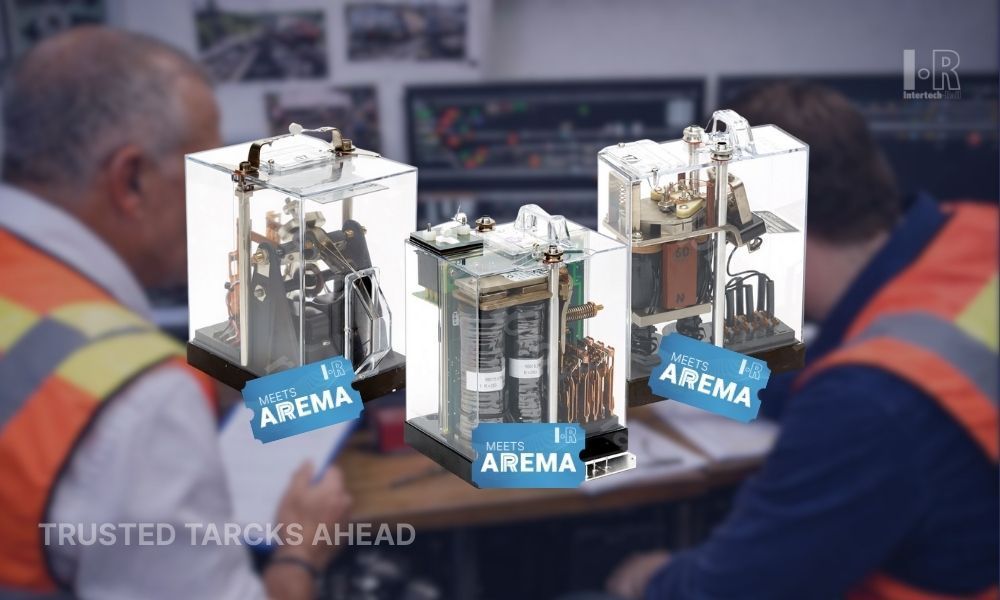Train Crashes: Causes and how to improve safety to avoid them
Train crashes are a tragic event that can have devastating consequences. Usually are thousands of tons of metal in motion (sometimes in high speed) when it happens. These accidents can occur for a variety of reasons, including human error, mechanical failure, and environmental factors.
Human Error
One of the most common reasons for train crashes is human error. This can include mistakes made by the train operator, miscommunication between personnel, or failure to follow safety protocols. Train operators are required to undergo extensive training and follow strict safety guidelines to ensure the safety of their passengers and the public. However, even the most experienced operators can make mistakes, and these mistakes can lead to serious accidents.
To prevent human error, train operators must be diligent in following
safety protocols and receive regular training to keep their skills up to date. Additionally, advanced safety technology, such as automatic braking systems, can help to prevent accidents caused by human error.
Mechanical Failure
Another common reason for train crashes is mechanical failure. This can include issues with the brakes, engine, or other critical components of the train. Mechanical failures can occur due to poor maintenance, manufacturing defects, or wear and tear over time. When these failures occur, the train can lose control and collide with other trains or obstacles.
To prevent mechanical failures, trains must undergo regular maintenance and inspections to ensure that all components are functioning correctly. Manufacturers must also take responsibility for the quality of their products and ensure that they are designed and built to the highest safety standards. Equipment such as
Hot Box,
Wheel Sensor,
Track Scanner are mandatory in the inspections and maintenance procedures
Environmental Factors
Environmental factors can also contribute to train crashes. This can include weather conditions such as heavy rain, snow, or fog, which can reduce visibility and make it difficult for train operators to see obstacles in their path. Additionally, natural disasters such as landslides or earthquakes can damage tracks and cause derailments.
To prevent accidents caused by environmental factors, train operators must be trained to adapt to changing conditions and adjust their driving to suit the weather or other environmental factors. Train companies must also invest in infrastructure improvements, such as improved drainage systems or reinforced tracks, to prevent damage caused by natural disasters.
Sabotage or Terrorism
Finally, train crashes can also be caused by acts of sabotage or terrorism. These deliberate acts of violence can have devastating consequences, both for the train passengers and the wider community. While it is impossible to predict and prevent all acts of sabotage or terrorism, train companies can take steps to improve security and prevent unauthorized access to train tracks and equipment.
SAFETY! By investing in safety technology, regular maintenance and inspections, and improved security measures, train companies can help to prevent these accidents and keep their cargo and passengers safe.




